Propel provides innovative insurance solutions to thousands of companies across the country. We make it our business to know your world inside and out.
Commercial, Construction, Insights
Why You Should Consider Alternative Risk Financing for Construction Liability Lines
Two construction firms operate in the same city, doing the same type of work. Both pay $400,000 for their annual commercial general liability insurance premium. Over the next year, Firm #1 takes a proactive risk management stance – carefully vetting subcontractors, managing Certificates of Liability and scrutinizing client contracts and communication to reduce the chance of any misunderstandings. Firm #2 does not take any extra steps to control its liability claims. At the end of the year, here’s what happened:
Firm #1 |
Firm #2 |
|
· Had one claim that was resolved for $3,218.00. · Open reserves were $0.00. · Received a renewal offer with a 10% rate increase. |
· Had eight claims with $1,254,290 paid. · Open reserves were $2M. · Received a renewal offer with a 20% increase. |
Does this comparison feel a little unfair? That’s because it is. In the traditional insurance model, no premiums are returned when you have fewer claims than expected.
In fact, in a traditional insurance program, roughly 40 cents of every premium dollar you pay goes to paying the insurers’ overhead costs, whereas 60 cents of every premium dollar you pay is earmarked for paying claims. Unfortunately, if you don’t have any claims, you don’t get 60% of your premiums back. The insurer keeps the money, either using it to pay for other firms’ higher-than-expected claims or to pad their bottom line.
If your company has lower-than-average claims, and you wish you could get upwards of 60% of your premiums back, it may be time to explore an alternative risk financing strategy.
What Types of Alternative Risk Financing Strategies Are Available?
Three popular forms of alternative risk financing include:
- Large deductible programs. The deductible is the portion of the loss the policyholder is responsible for paying. By taking a larger deductible, policyholders accept a larger portion of the risk. This helps policyholders secure a lower premium. By proactively avoiding claims, and sharing the cost of those that occur, their overall costs can be reduced.
- Captive insurance. A captive insurance company is owned by the company (or group of companies) it insures and exists solely to provide insurance to its parent. Members can reap the rewards of lower-than-expected claims and can also benefit from investment income.
- Retrospective program. In a paid loss retrospective (retro) rating program, insureds also reap the rewards of low claims. The insurer adjusts premiums retrospectively based on the insured’s actual paid losses, instead of the losses of an entire risk pool.
Who Should Consider Alternative Risk Financing?
Alternative risk financing may be suitable for contractors and environmental firms who are:
- Safety focused. If you can’t keep your losses down, you won’t benefit from these programs.
- Willing to have some skin in the game. You’ve heard the phrase “no risk, no reward.” In the case of alternative risk financing, you’re taking on more risk to reap the rewards.
- Large enough. Your minimum premium needs to be around $350,000 to participate in alternative risk financing.
- Able to meet collateral requirements. While the initial collateral requirements of alternative risk financing can deter some businesses, the cost-savings usually make the initial output very worthwhile. We recommend looking at projections using a three- or five-year view to get a full understanding of the potential financial advantages.
How Propel Can Help
We can help your company explore alternative risk financing options for your liability lines including Commercial General Liability, Auto Liability and Workers’ Compensation Insurance programs.
For contractors and environmental firms, we offer group and single-owner captives, large deductible programs and a three-line retro program with lower up-front costs and no collateral stacking.
If you’re interested in alternative risk financing for construction and environmental firms, contact us to start a conversation.
Chris Warren MBA, CRIS, CBIA
chris.warren@propelinsurance.com
803.567.5315
John Babson
john.babson@propelinsurance.com
803.910.8061




